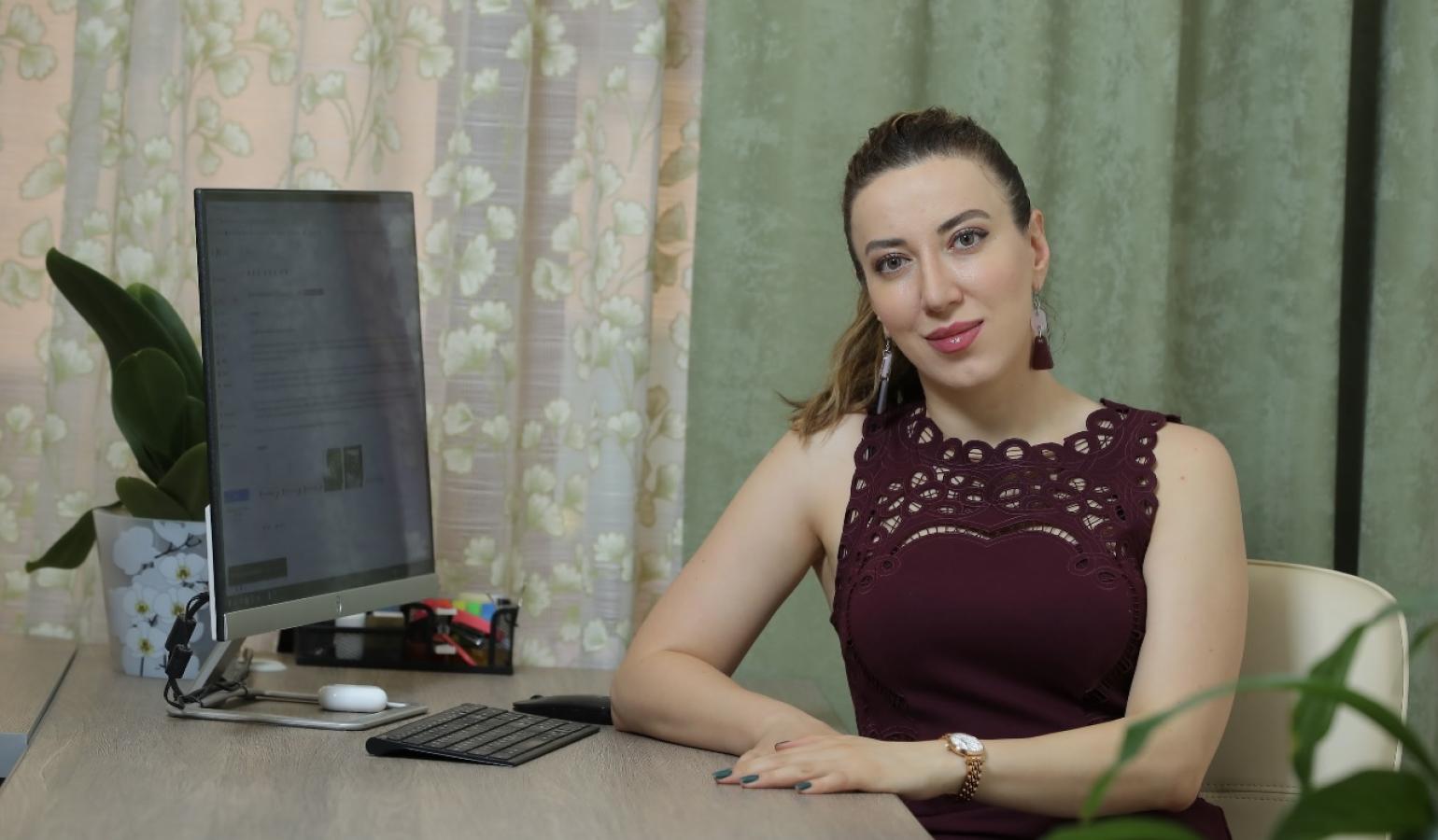
A panel discussion was held regarding the Armenian prisoners of war held in Baku prisons, which was also attended by Siranush Sahakyan, head of the Center for International and Comparative Law and legal representative of Armenian captives at the European Court of Human Rights (ECHR).
“Throughout this entire period, no independent mechanism for the prevention of torture has been able to access or visit the Armenians held in Baku to objectively assess their conditions of detention or their physical and psychological state,” said Sahakyan.
The only international organization operating in Azerbaijan is the International Committee of the Red Cross (ICRC), whose activities in Baku are under threat. “Azerbaijan constantly exploits these circumstances to delay planned visits. While ICRC representatives do record the conditions, the documented issues are not subject to public disclosure. Only limited information may become available to family members. The recorded problems are transmitted to Azerbaijani authorities confidentially, with the hope that they will be addressed. However, we have not observed any noticeable progress. On the contrary, in regard to physical and psychological abuse and behavior that humiliates or degrades the dignity of Armenians, some developments have even led to a worsening of these practices,” said Sahakyan.
No independent international lawyer has been granted access to visit the Armenian captives. Only Azerbaijani lawyers have been allowed to meet with them. Azerbaijan does not permit international lawyers or those operating in Armenia to visit their clients.
“We have made several attempts—for instance, we personally submitted requests, presenting our legal authorization and its recognition by the European Court of Human Rights, and asked for permission to meet with our clients. It is clear that such access was not granted,” said the human rights defender.
“We also conducted tests involving foreign lawyers, thinking that perhaps a change in nationality might lead to access being granted. For example, we involved a French lawyer and have also engaged British and American lawyers. Interestingly, there is a unified state policy aimed at blocking the entry of foreign lawyers and preventing their visits to Armenian hostages. This raises a fundamental question: if lawyers appointed in domestic criminal cases are allowed to discuss legal matters with the Armenian captives, then why, based on the same legal grounds, are foreign lawyers denied the same right? In my assessment, the reason is that these visits would expose cases of torture and produce new evidence, which clearly does not serve Azerbaijan’s interests,” said the defender.
According to Sahakyan, Armenians held in Azerbaijani prisons are kept in inhumane conditions and are subjected to forms of pressure that qualify as torture, considering the intensity and the degree of pain inflicted.